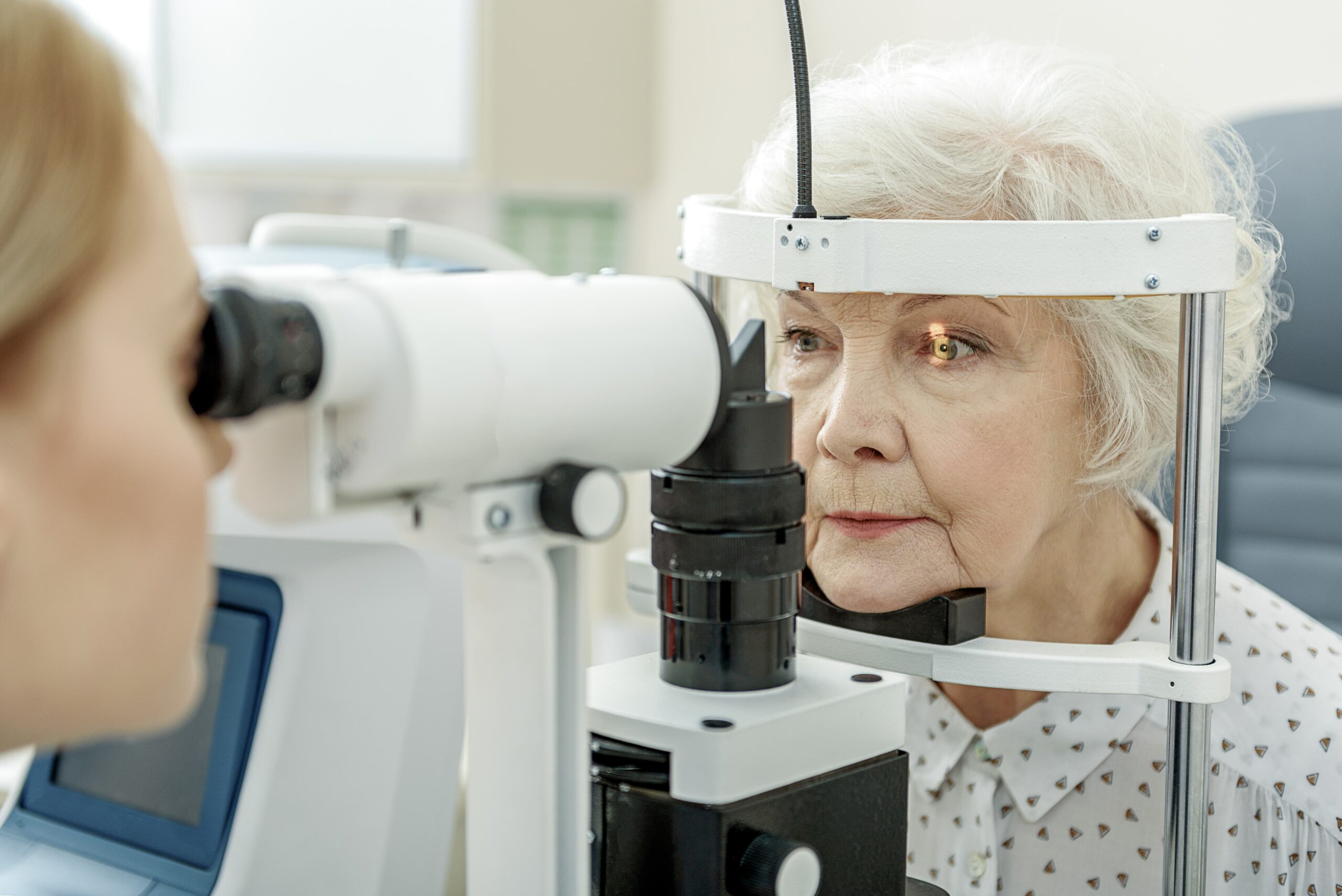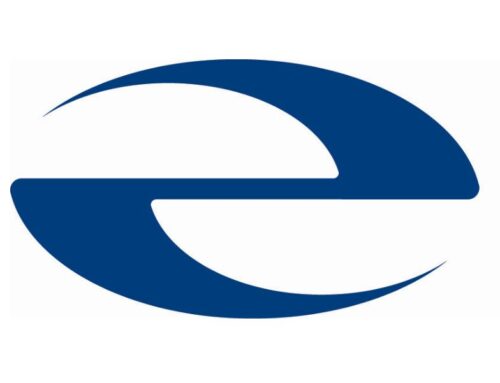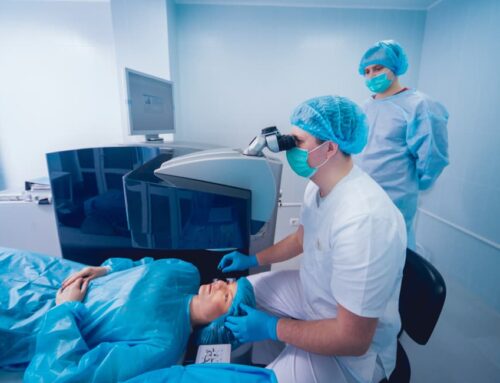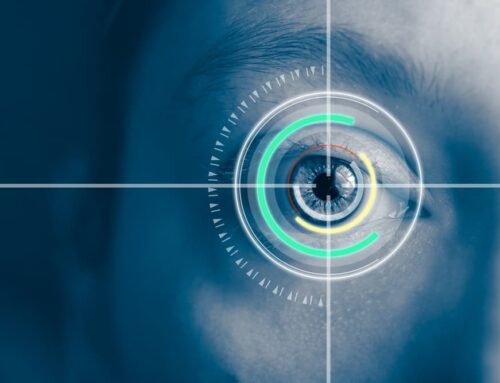Risk factors for glaucoma include things like eye pressure that’s too high, eye injuries, and hereditary predisposition. In fact, it is believed that genetic factors play a crucial role in all major types of glaucoma.
Is glaucoma hereditary? In this article, we’ll look into the possibility of a genetic link between glaucoma and discuss preventative measures for those at high risk.
What Is Glaucoma?
Glaucoma is an eye disorder that causes optic nerve damage. Increases in the eye’s internal pressure (intraocular pressure) are a symptom of several forms of glaucoma. The optic nerve is essential for clear vision, and any injury to it can result in vision loss.
Even though it can occur at any age, glaucoma is one of the main conditions that impair eyesight as we get older. Since this loss of vision is permanent, it’s critical to identify glaucoma as soon as possible. However, many glaucoma types progress with few to no symptoms up to vision loss.

Is Glaucoma Hereditary?
Glaucoma can be passed down through families; genetic and hereditary factors are thought to have a role in all main kinds of glaucoma. Everyone is susceptible to glaucoma, but those with a family history of the condition are more likely to be afflicted. The likelihood of developing glaucoma is actually four to nine times higher in people with a family history of the disease.
Primary open-angle glaucoma, the most prevalent kind, is inherited. Someone’s risk of developing glaucoma is significantly increased if other family members already have the disease.
Glaucoma Risk Factors
Glaucoma risk is influenced by a number of factors. You might have a higher chance of developing glaucoma based on these variables:
- Age
- Ethnicity (After cataracts, glaucoma is the biggest cause of blindness among African Americans and people of African descent.)
- Family history
- High myopia
- Central corneal thickness
- Hypertension
- Eye injuries
- Steroid use

Signs of Glaucoma
The symptoms of glaucoma can range from mild to severe, depending on the kind and progression of the disease. Glaucoma typically takes a long time to develop, so you might not experience any symptoms until your vision is compromised.
As a result of the lack of symptoms, many people with glaucoma fail to have regular eye exams and lose their sight. As glaucoma worsens, you could observe:
- Your central or peripheral vision has blind spots.
- Tunnel vision (in late stages)
Other glaucoma symptoms are connected to angle-closure glaucoma, a particular type of ocular disorder. Any of the following symptoms should prompt a trip to the doctor:
- Acute headache
- Eye discomfort
- Nausea and vomiting
- Distorted or blurred vision
- Halos surrounding lights
- Eye redness
Glaucoma usually progresses slowly, so you might not even be aware of your illness until it is well advanced. Contrary to popular belief, glaucoma does not always manifest as increased eye pressure or vision problems. The best method to recognize signs of this disease is to schedule routine appointments with your ophthalmologist.

Prevention
Although glaucoma may have strong genetic components, it may not present itself clinically until middle or late adulthood in most cases. If you’re over 40 or have a family history of glaucoma, your ophthalmologist may recommend annual or biannual eye exams as a minimum. In addition, increased circulation brought on by regular exercise can lower glaucoma risk.
Treatment
Depending on the severity of your condition, your eye doctor can advise you on the best courses of action. Even though glaucoma damage is irreversible, your ophthalmologist can help safeguard your eyes from additional vision loss. Potential treatments include medicated eye drops, oral medications, and surgical intervention.
Glaucoma can have a substantial negative influence on your eyesight, but you can control it with the assistance of the specialists at Eye Care Professionals in Reno, Nevada. Schedule an appointment with us if you have glaucoma symptoms or require an eye examination.











